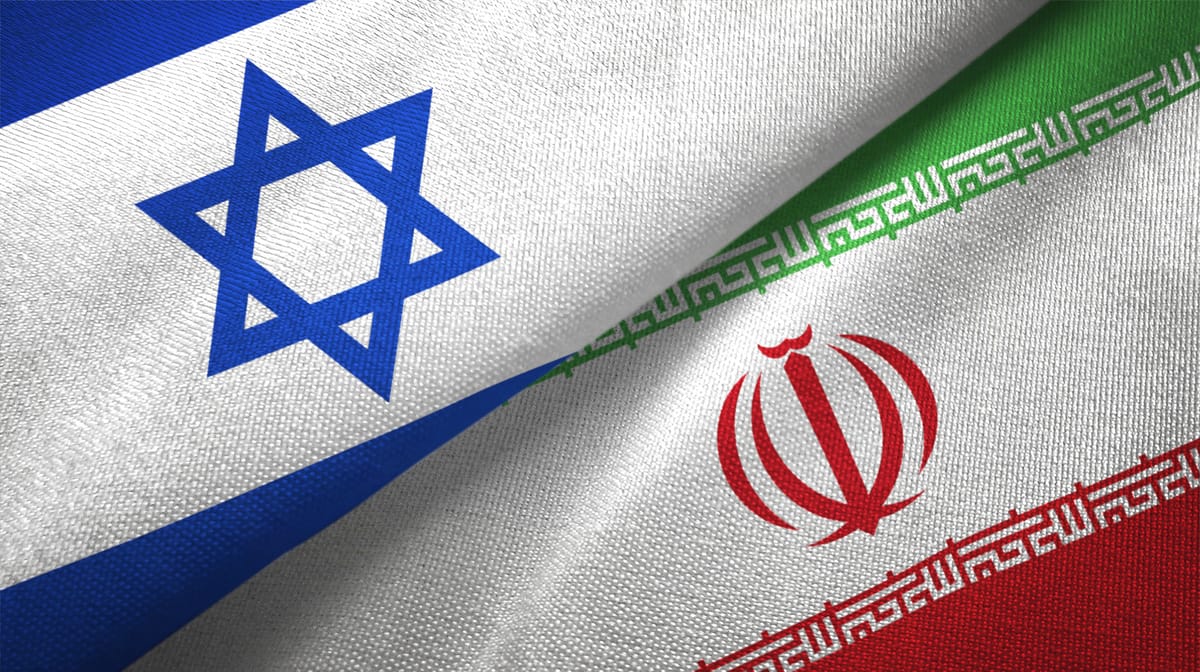Israel-Iran Conflict: Strategic Calculations and American Entanglement

The eruption of direct military conflict between Israel and Iran in June 2025 marks a dangerous new chapter in Middle Eastern geopolitics. What began as Israel's surprise attack on June 13 has quickly grown into what many fear could become a much bigger war. But beyond the immediate crisis lies a deeper question about leverage, alliance politics, and how smaller powers drag larger ones into conflict.
The Current Crisis
For decades, Israel and Iran fought through proxies - Hamas in Gaza, Hezbollah in Lebanon, and various militias across the region. That era appears to be ending. Iran has launched waves of drones and missiles at Tel Aviv and Haifa, while Israeli strikes have hit Iran's main TV station and badly damaged its biggest nuclear facility. When Iranian missiles headed toward Israel, American forces helped shoot them down - showing how existing military partnerships naturally pull America into fights.
The timing is significant. Israel attacked the day after the expiration of Trump's two-month deadline for securing a deal to keep Iran from developing nuclear weapons. This suggests careful Israeli calculation about American political constraints and opportunities.
The Hidden Weapons Theory
My boyfriend proposed an intriguing hypothesis: what if Israel has missiles and drones secretly stored in America to make sure the US gets involved in conflicts? While unverifiable, this raises important questions about how allies manage the risk of abandonment.
The logic is straightforward. Hidden weapons could provide:
Insurance Against Abandonment: The presence of weapons creates political insurance, making it harder for America to distance itself during crises.
False Flag Potential: In extreme scenarios, hidden weapons could theoretically be used to stage attacks that appear to originate from Iran, creating a pretext for American retaliation.
The Fake Attack Risk
Imagine Iranian-style weapons hitting American targets inside the United States. The immediate pressure to hit back would be huge, long before intelligence agencies could figure out who really did it. For a country facing destruction, the benefits of dragging America into war might seem worth the enormous risks of getting caught.
But here's the darker possibility: even if the U.S. government discovered the truth, they might still go to war anyway. Defense contractors make billions from conflicts. Politicians gain popularity from strong military responses. Intelligence agencies expand their budgets and influence. Sometimes the truth becomes inconvenient when so many powerful interests want the same outcome.
This shows a basic problem with alliances: the country that most wants a bigger war might also be best positioned to create reasons for one. And when that aligns with domestic interests that profit from conflict, the truth becomes just another casualty of war.
What This Means for America
Whether through hidden weapons, shared defense systems, or common interests, the current crisis shows how alliances create their own momentum. American leaders face tough choices:
Check Everything: Any attack blamed on Iran needs immediate investigation from multiple sources before hitting back.
Keep Secrets: Important operations should stay secret even from close allies to prevent manipulation.
Learn from History: The Gulf of Tonkin incident and other cases show how countries can be pulled into wars based on bad information.
Other risks include the fighting spreading across the region, Iran building nuclear weapons faster, and economic chaos if Iran blocks oil shipments through the Strait of Hormuz.
Looking Ahead
The Israel-Iran fight will likely shape Middle East politics for years. The theory about hidden Israeli weapons, whether true or not, points to something important: smaller countries actively work to tie themselves to bigger partners, sometimes in ways that border on manipulation.
Understanding these patterns is crucial for managing alliances in today's world. As this crisis continues, American leaders must balance supporting allies while keeping independence, and avoiding the very traps that alliance relationships can create.
The stakes are enormous. Whether Israel's strategy works or triggers a regional war may shape American foreign policy for decades.



